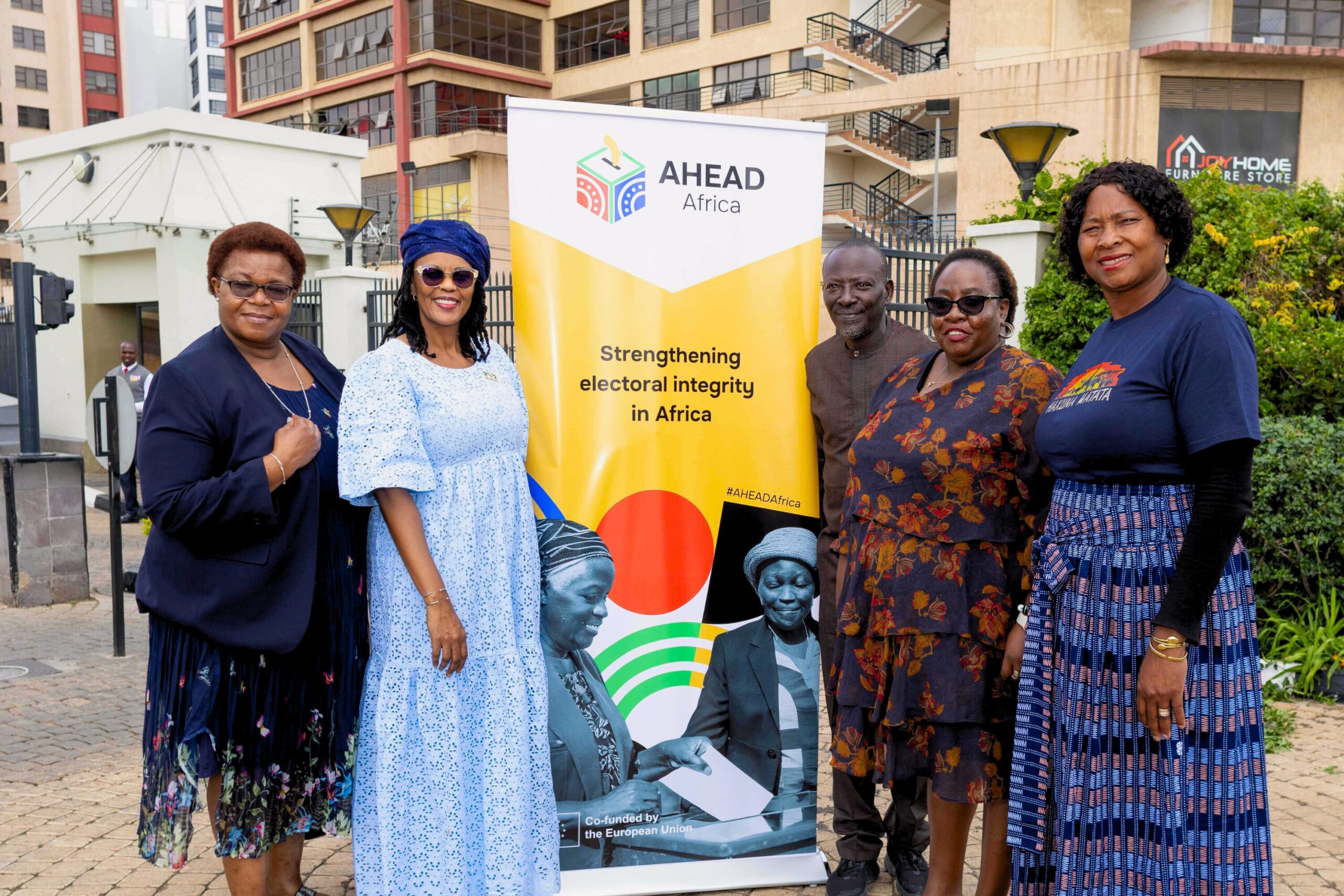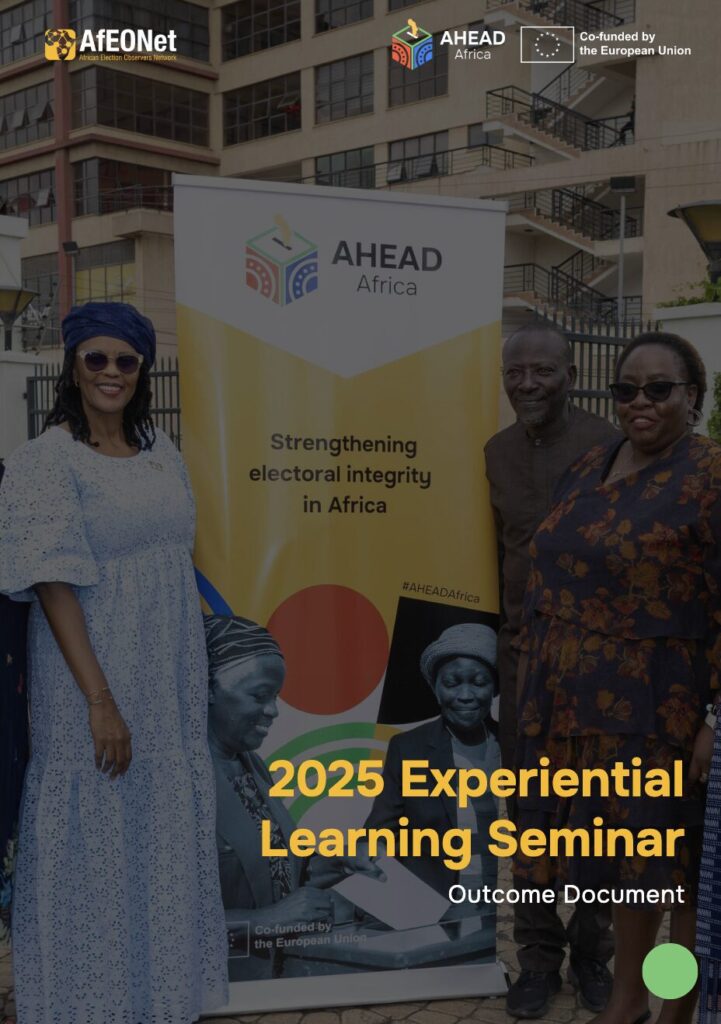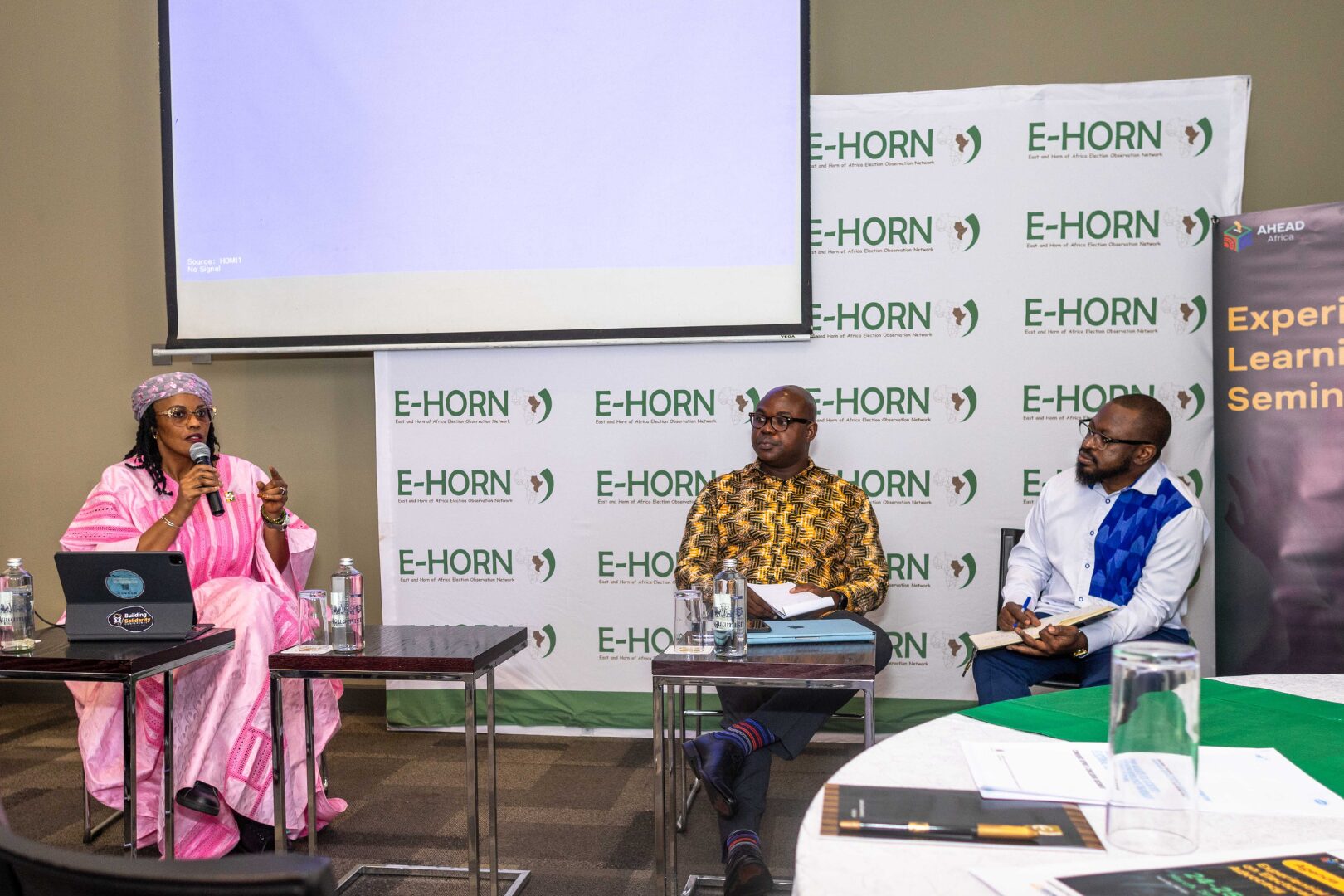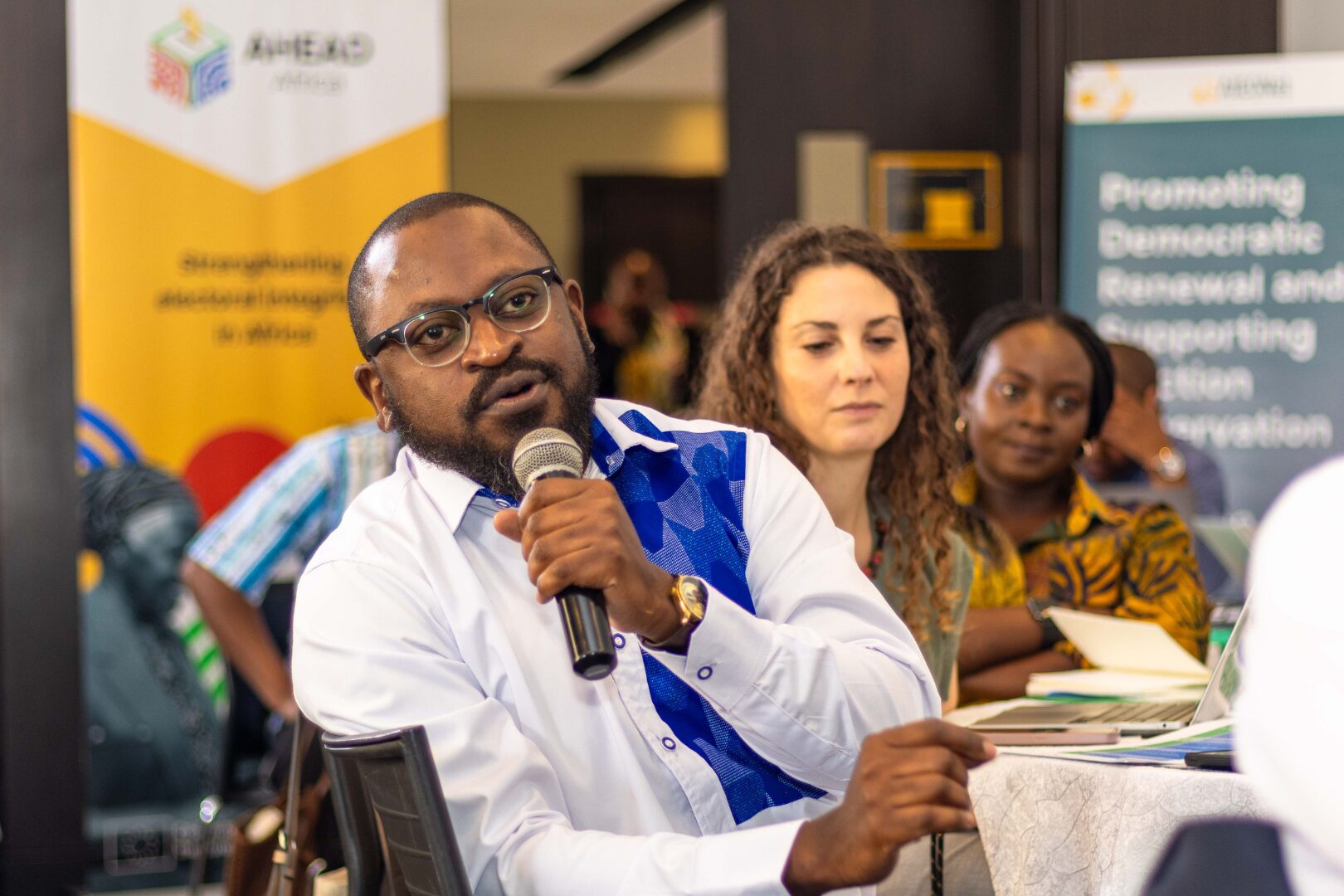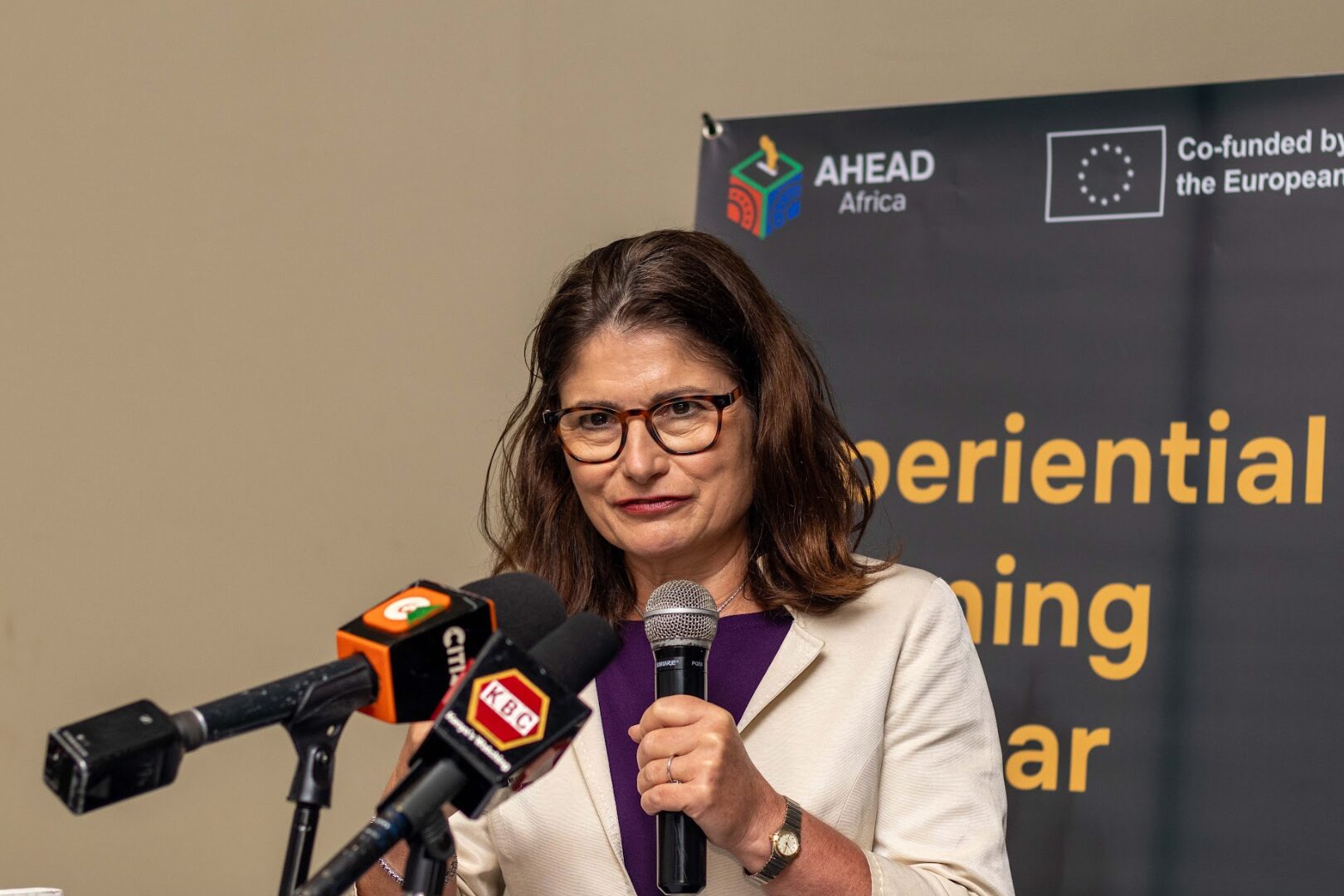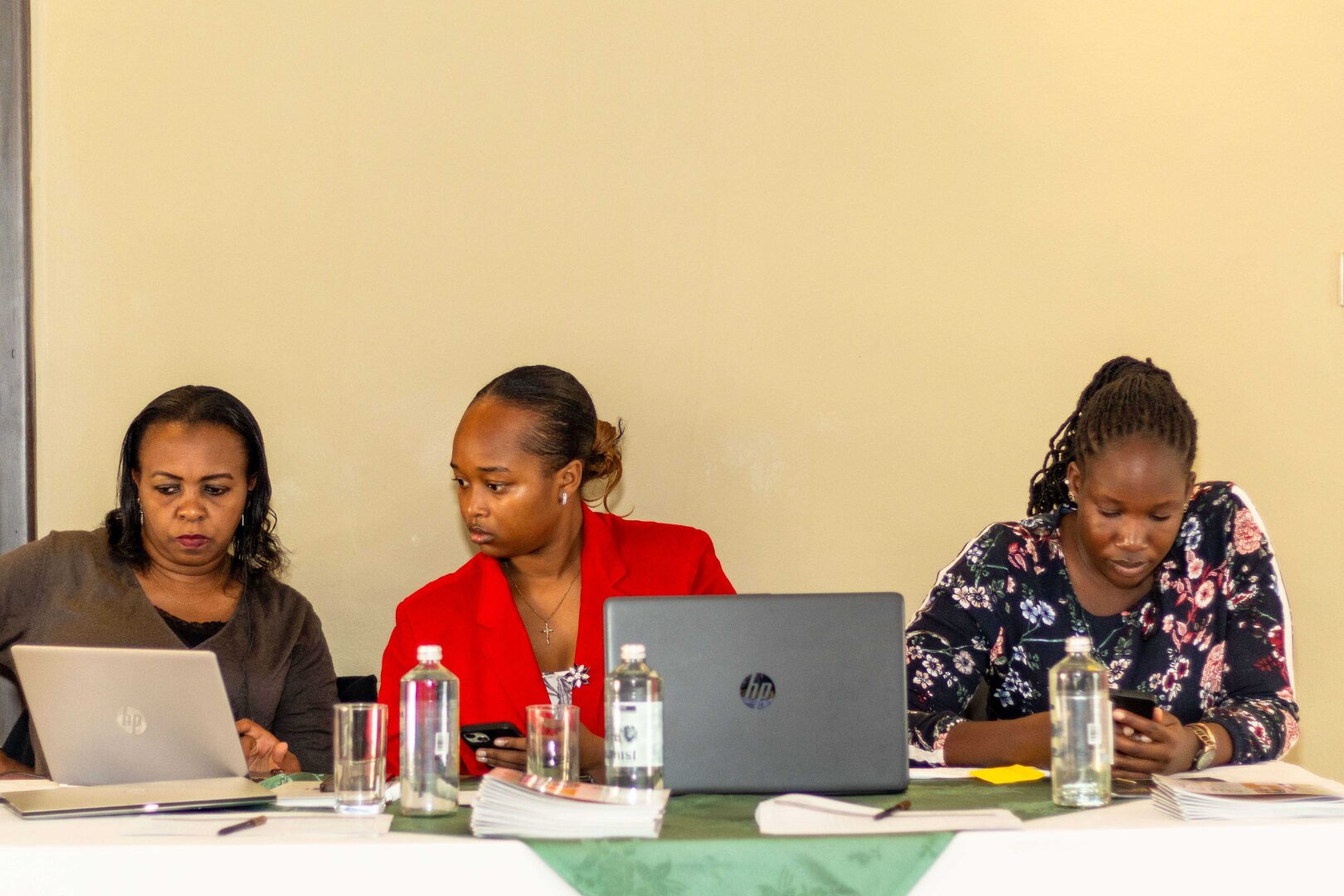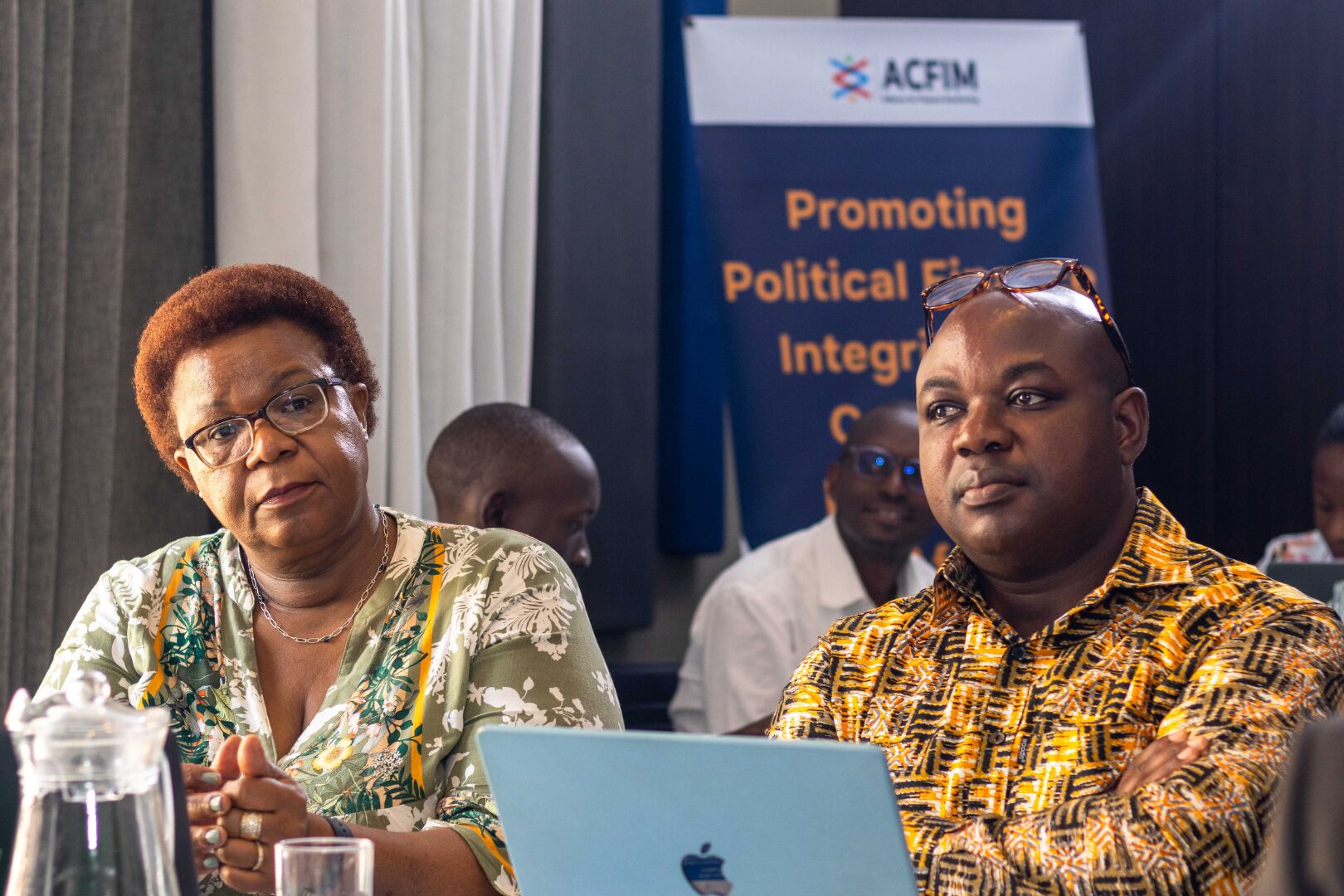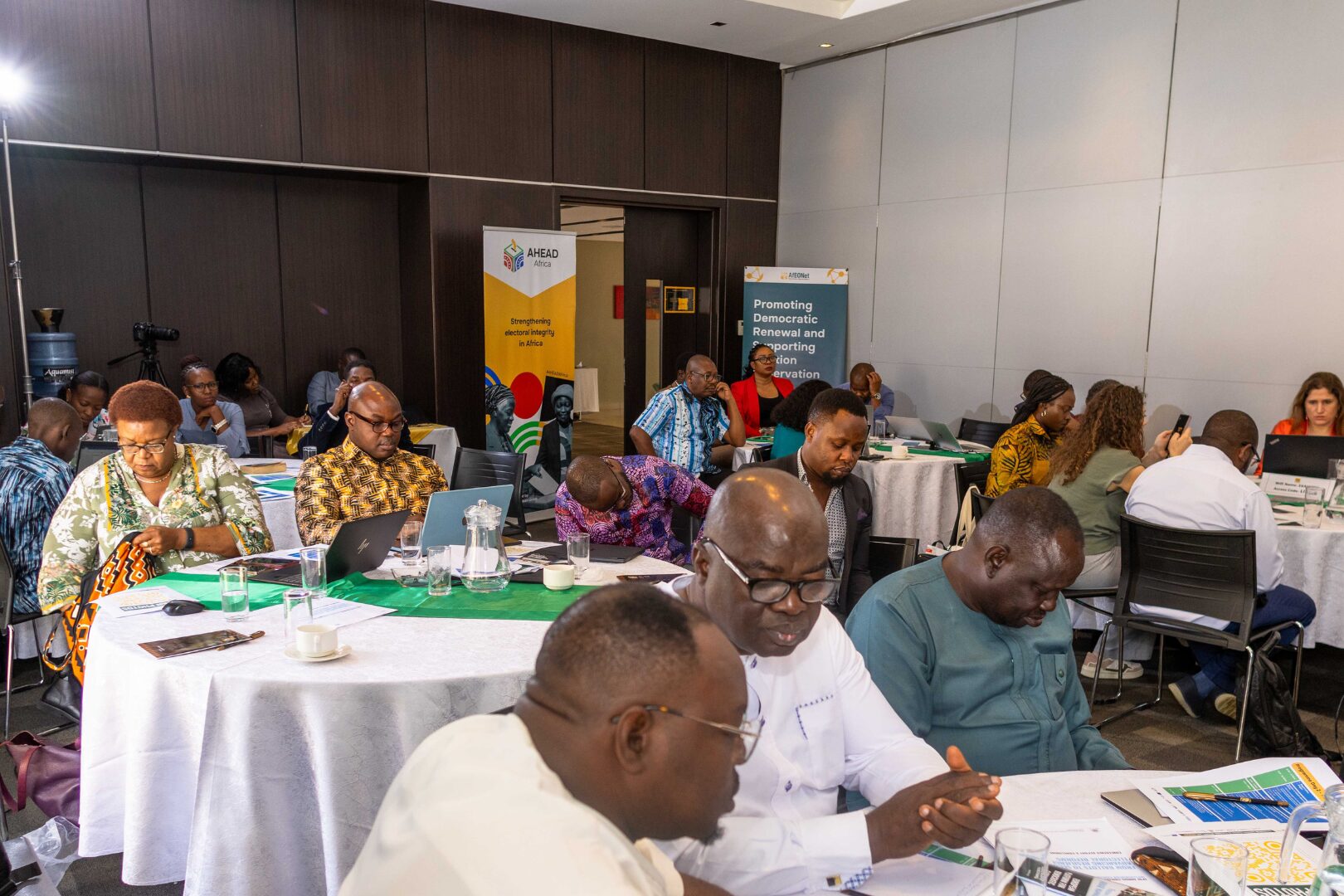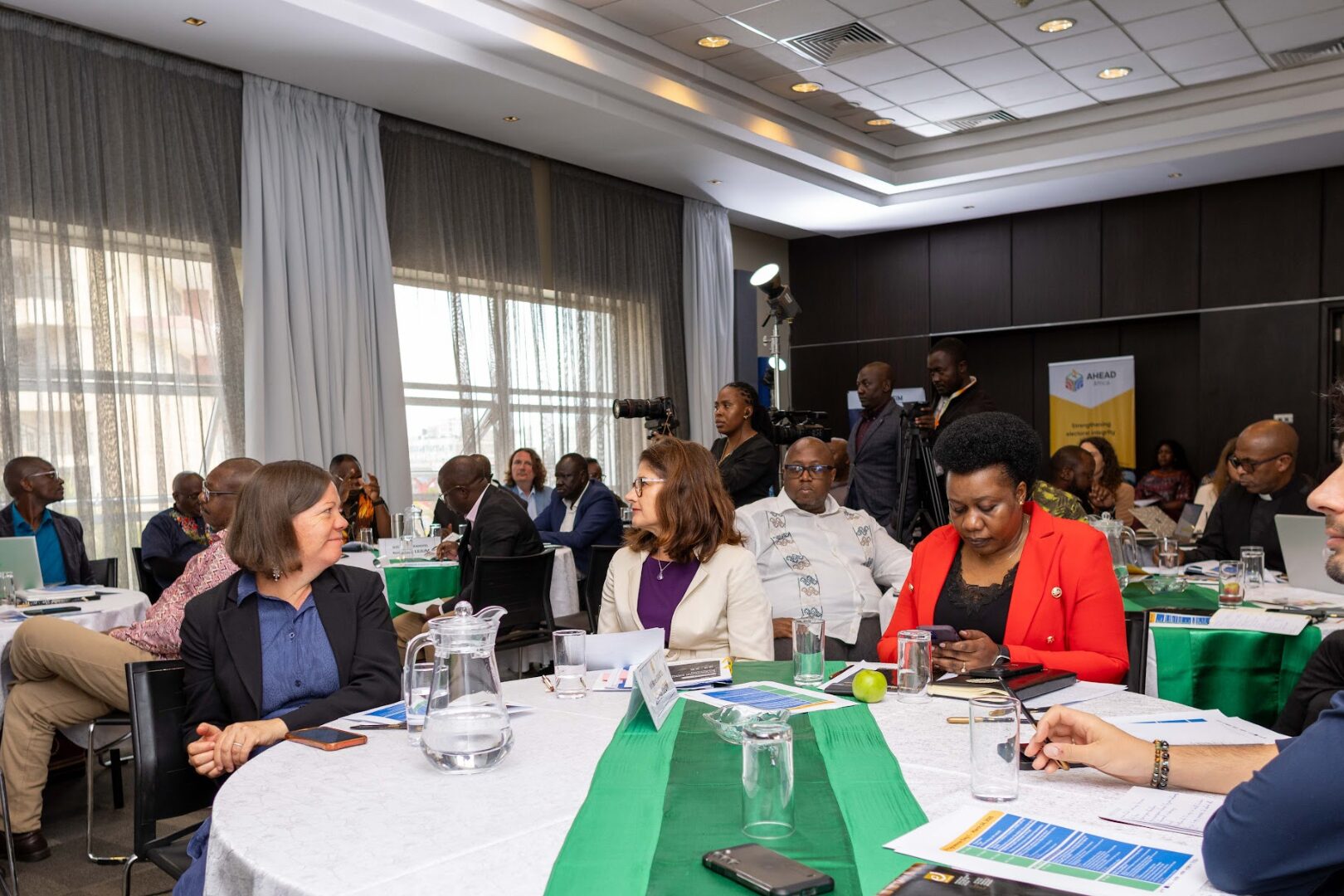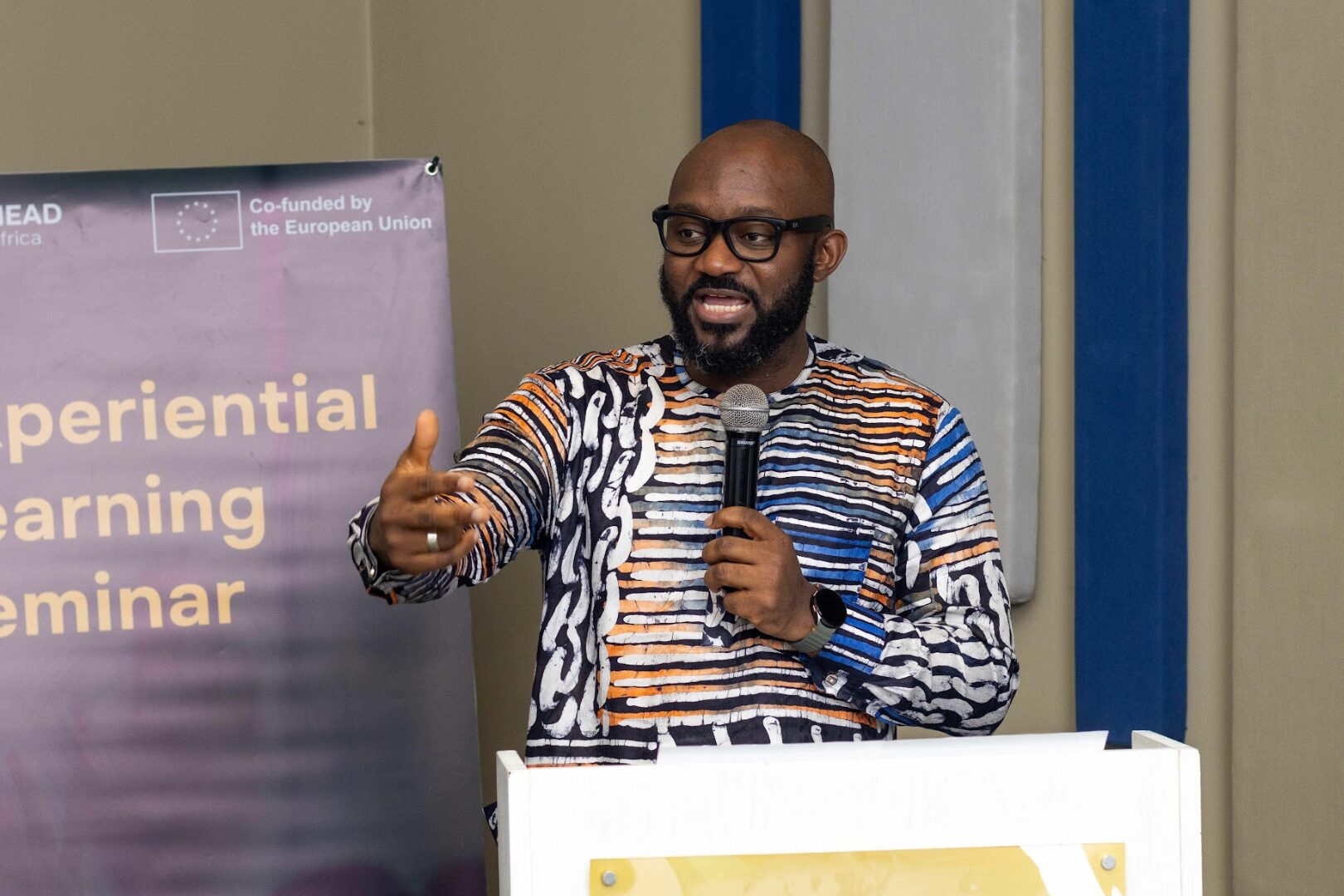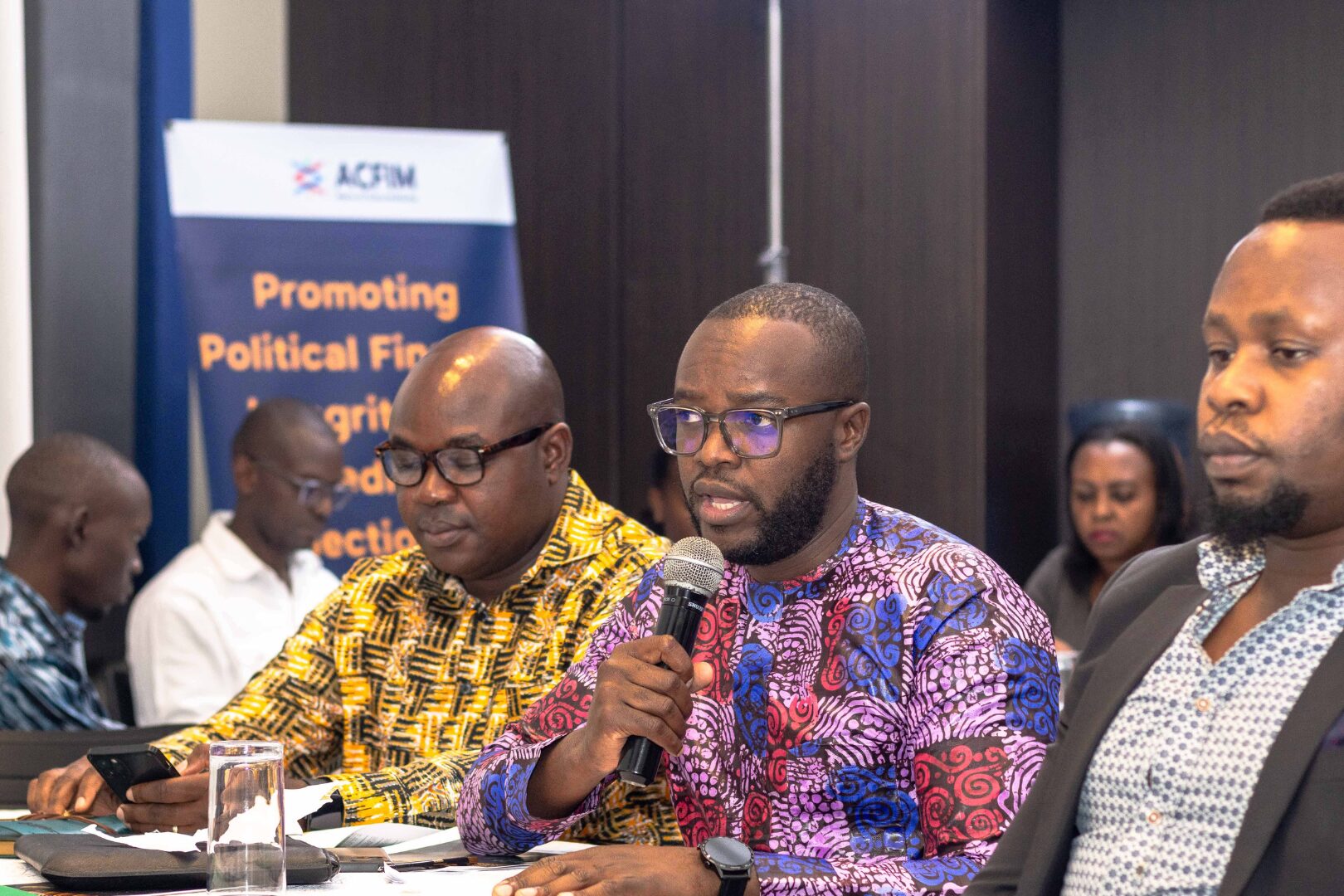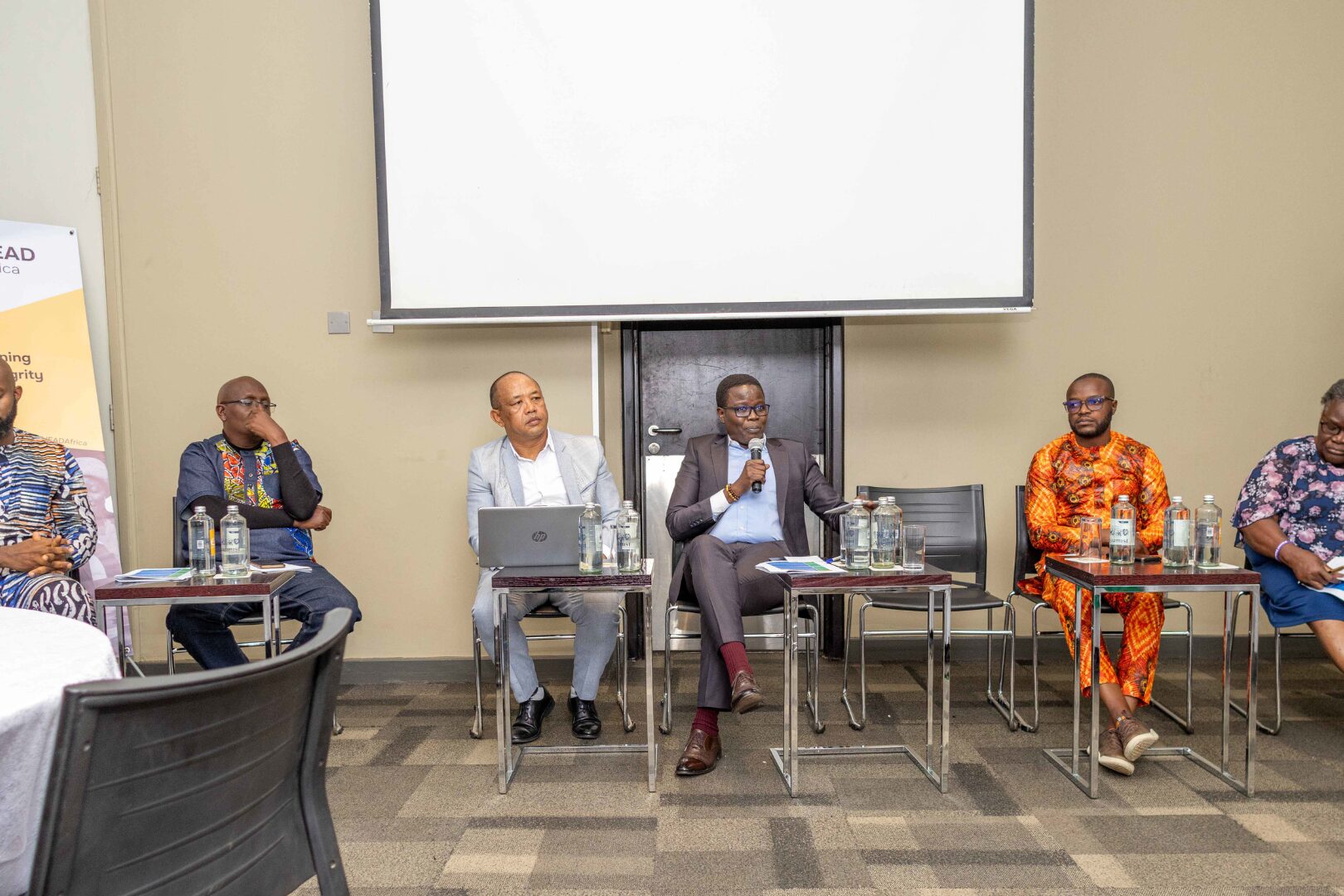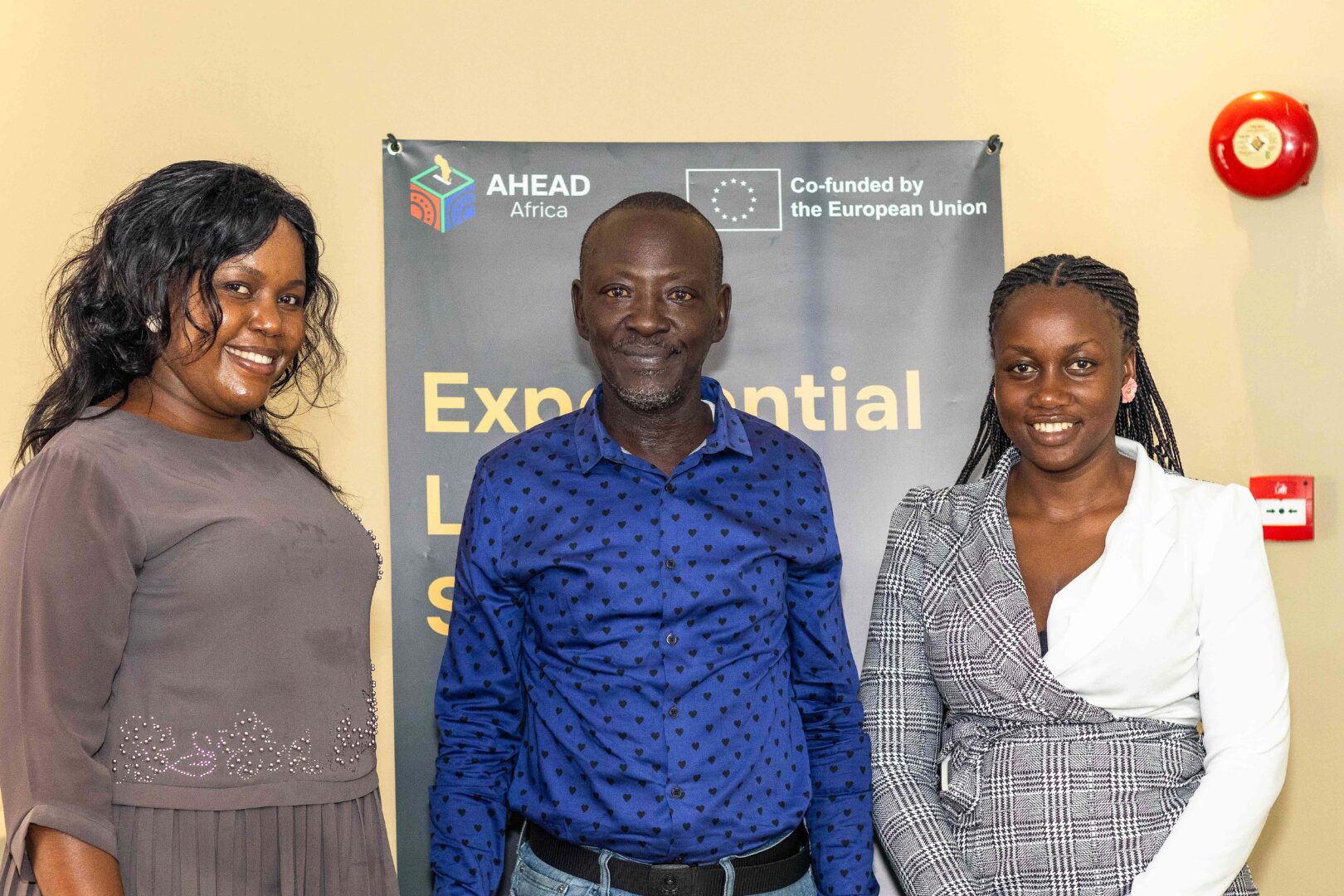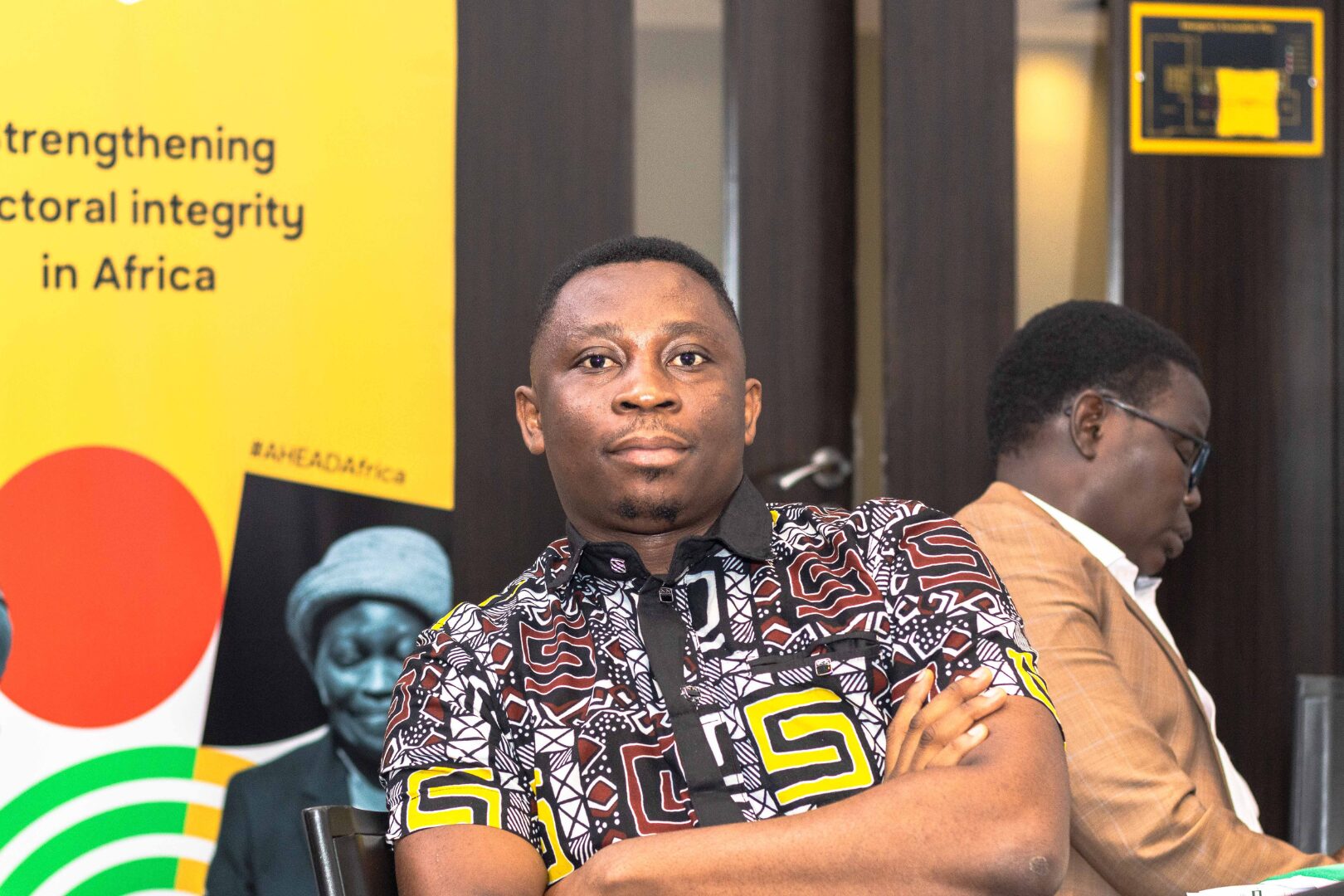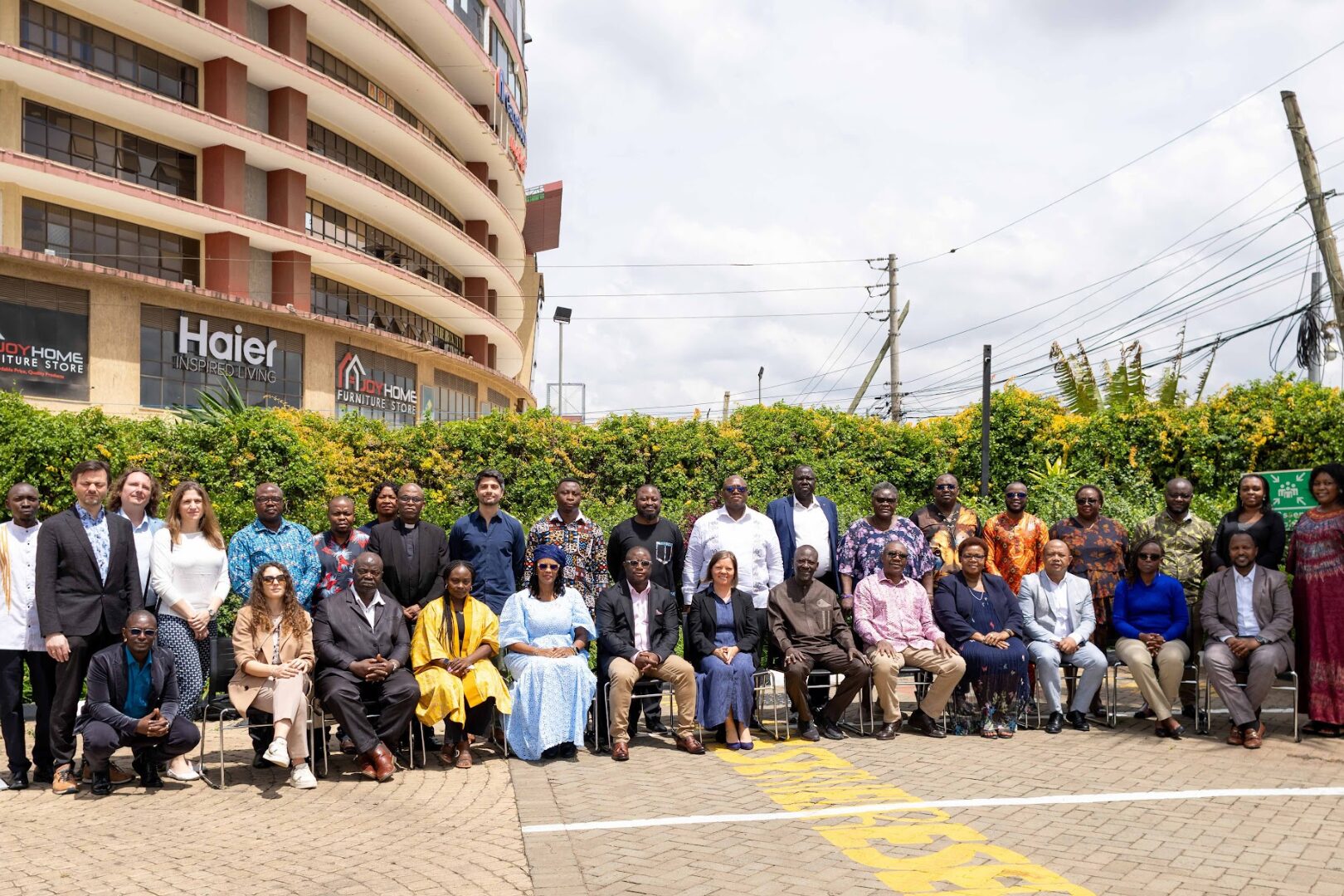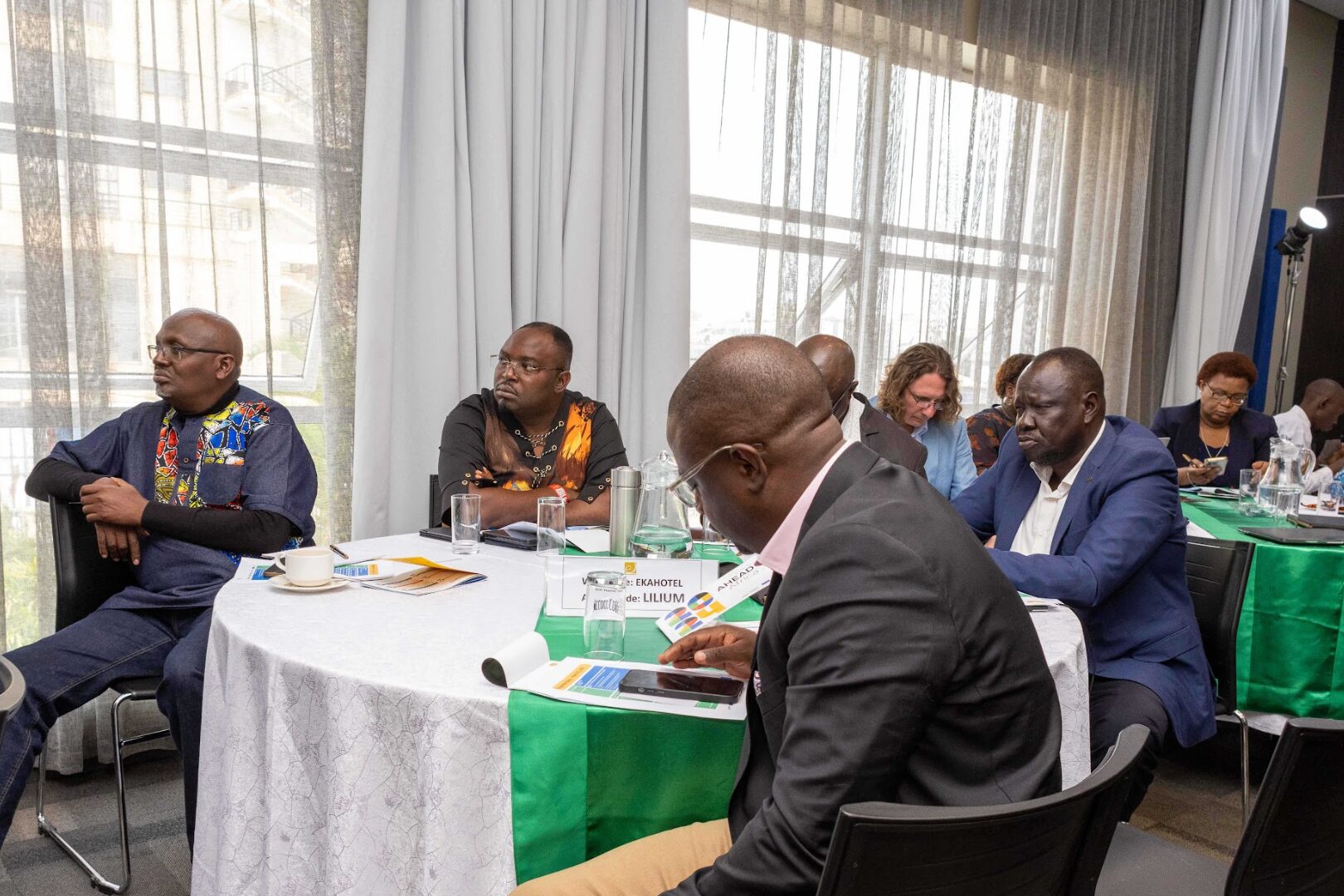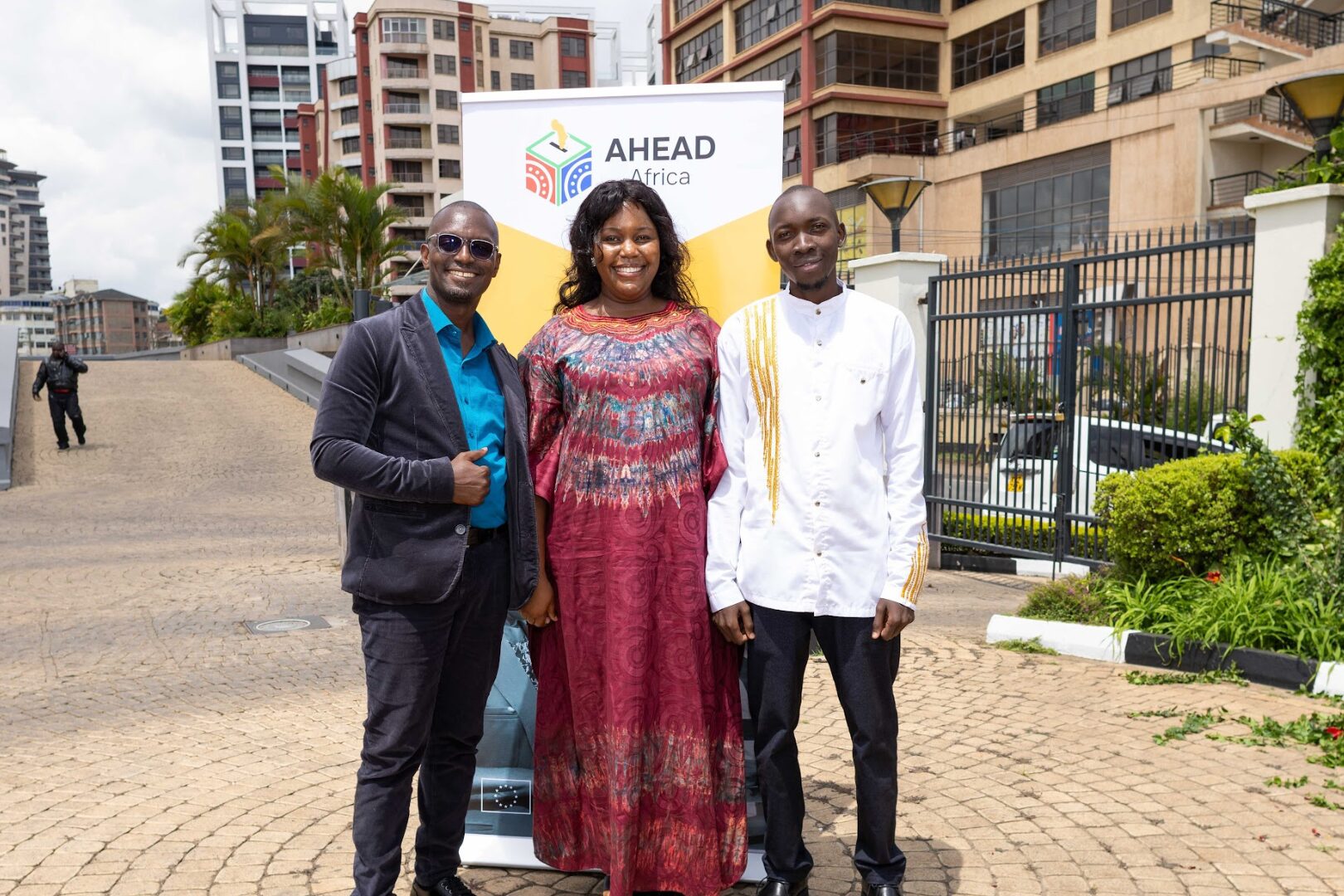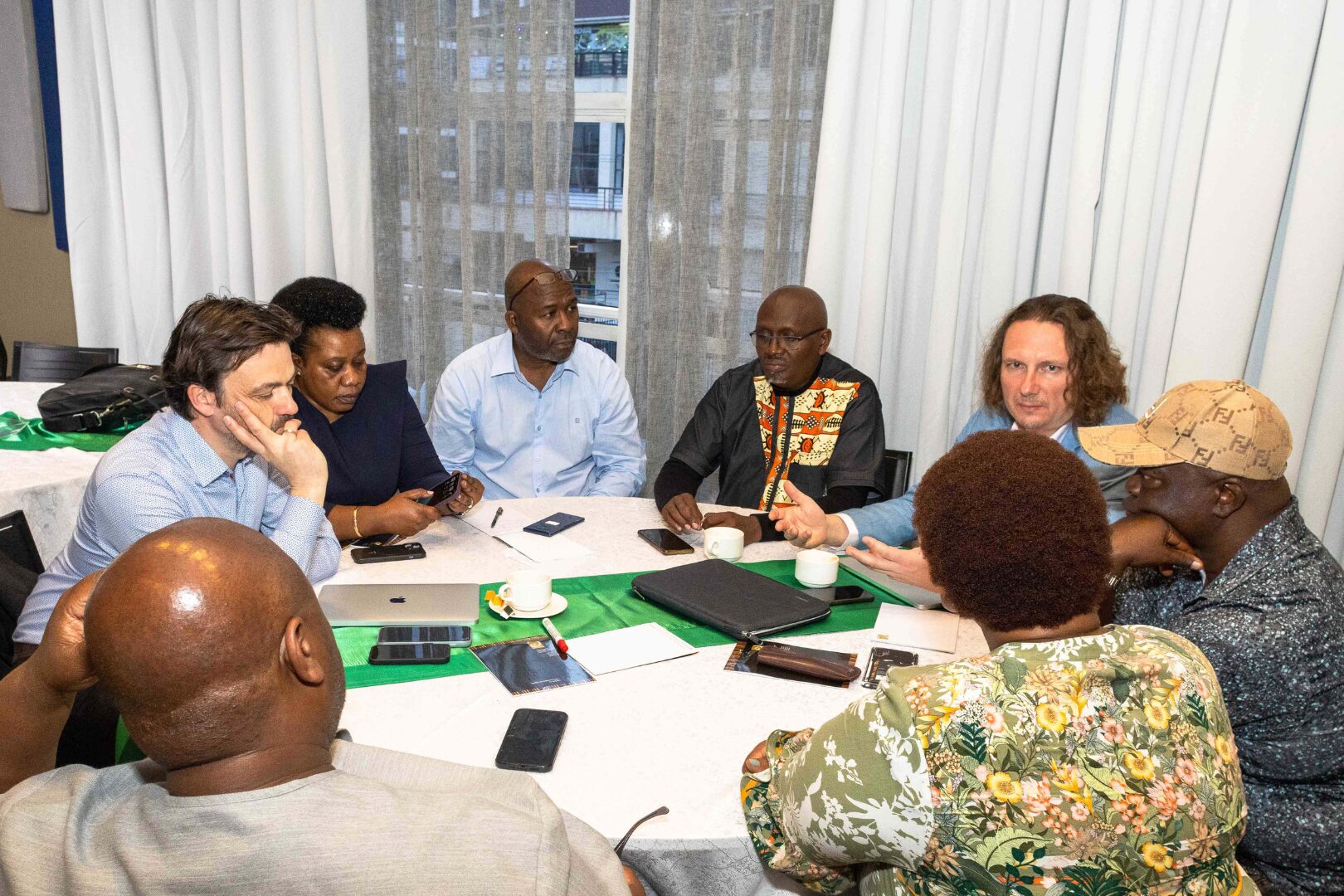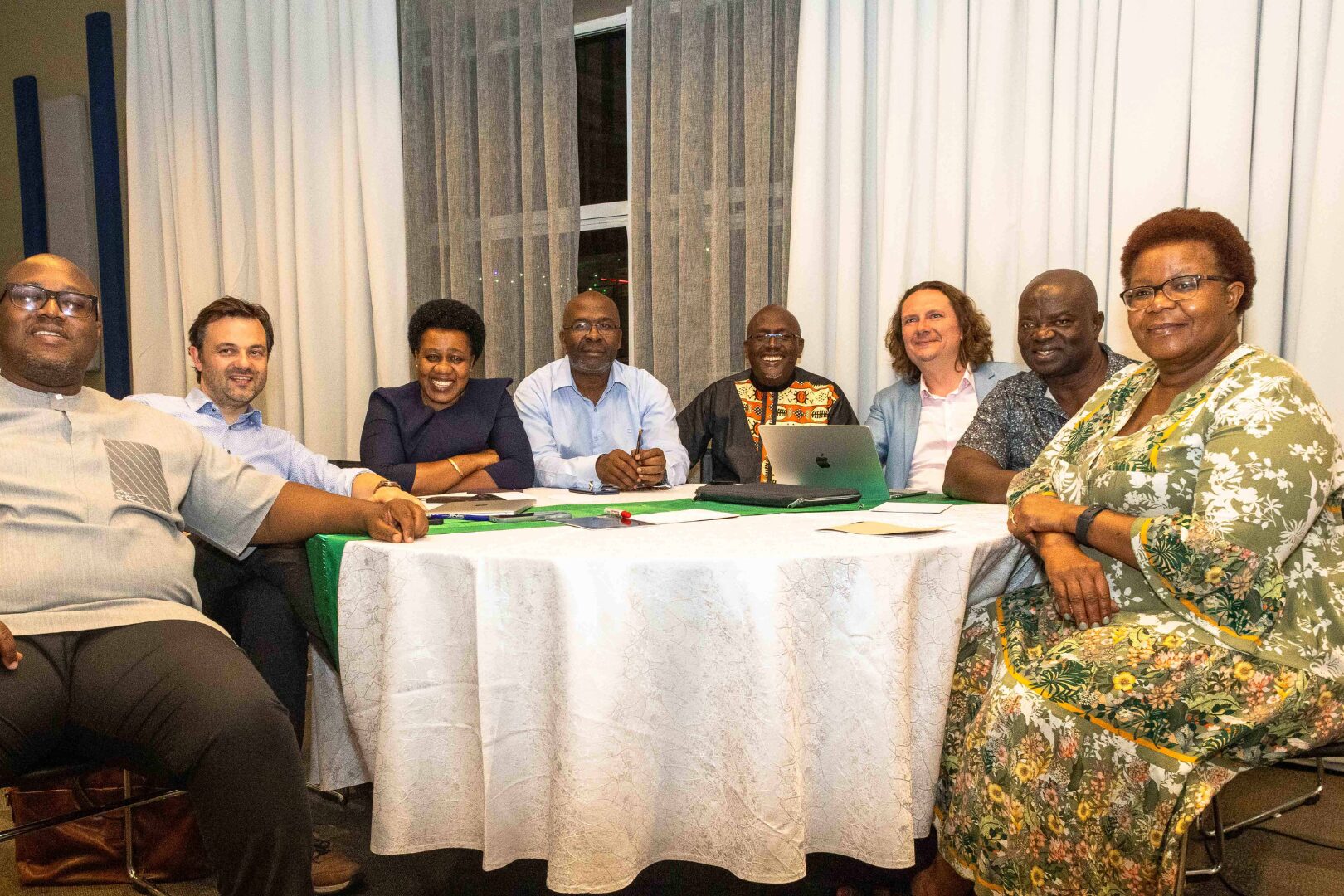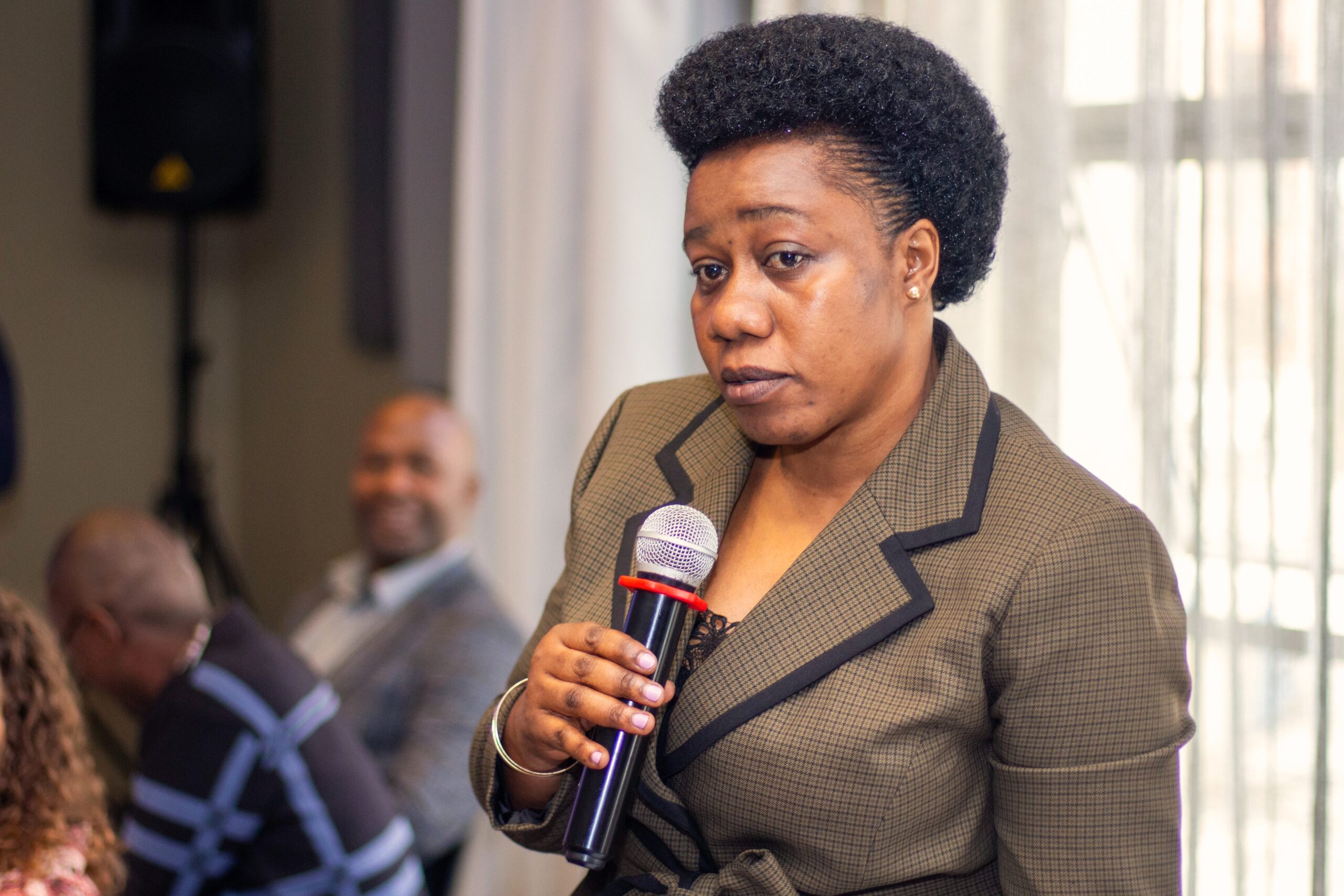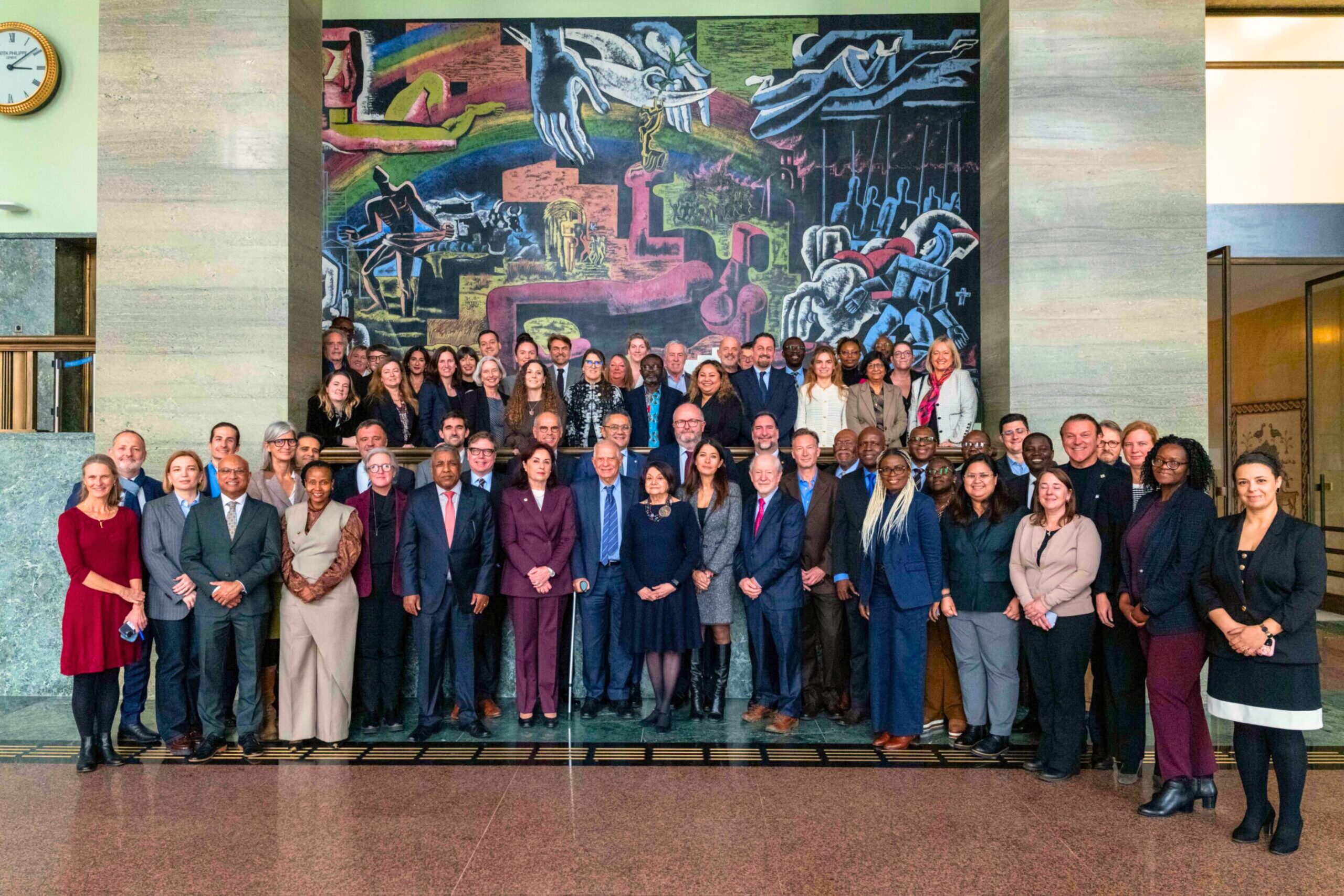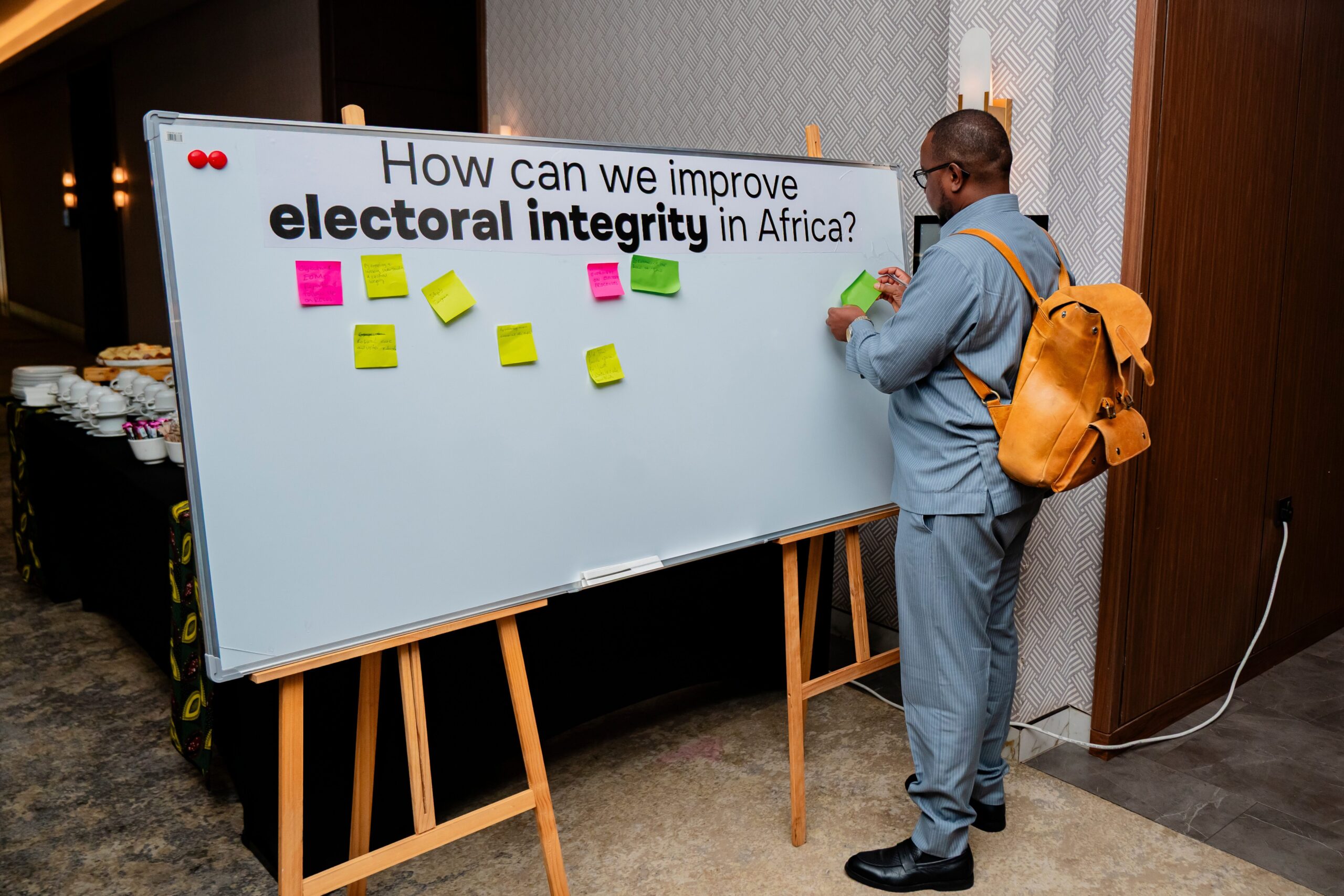Acknowledging that finding solutions to ”election integrity in Africa requires action, not just discussion,” as James Lahai from the West Africa Election Observers Network (WAEON) puts it, from 24 to 25 March, Nairobi had a front-row seat to something big. The African Election Observers Network (AfEONet) ‘‘once just an idea’’, as Giovanna Tanzi, Programmes Manager at the European Partnership for Democracy reflects, is now a reality uniting election observers across Africa under an Experiential Learning Seminar (ELS).
The ELS serves as ”our platform as election observers to reflect, learn, exchange best practices and solutions to electoral integrity, rebuild trust in elections, and advocate for stronger democratic institutions”, explains Dr. Sarah Bireete, Chair at The East and Horn of Africa Election Observers Network (E-HORN). Now, let’s immerse ourselves in what over 50 citizen observers from across Africa cooked up during the two days of the seminar.
Reinventing election observation in Africa
It was no surprise that one of the main topics of reflection was how to keep election observation independent amid shifting funding dynamics (and yes, we’re not shy to say we refer to the US disruption of funding to the democracy and election observation ecosystem). While it is undeniable that election observation in Africa has shifted from traditional methods to PVT, PVRT, and study missions, the real challenge is finding the key to what Samson Itodo from Yiaga Africa calls “sustainable election observation’’, or in short, financial independence. He proposes restructuring the current donor aid architecture by (1) Establishing African-led funding models, income-generating entities, and local philanthropy; (2) Moving beyond election-centric programming to accountability and governance reforms; and (3) Leveraging AI for cost-efficiency and predictive analysis. No more mothering, it’s time to stand on our own.
2024 African elections
Some years just have a way of sticking in our minds because of the milestones they bring. 2020 will forever be the “COVID year,”and now 2024 will be remembered as the ‘super election year,’ thanks to digital media. However, for AHEAD Africa’s regional domestic citizen election observer networks, 2024 marks the start of a “super election quadrennium” (maybe we’ll make this term trend). Reporting what goes wrong means little without pushing for real change before the next electoral cycle. Therefore, African citizen observers at the Experiential Learning Seminar not identified challenges to 2024 elections, but propose tailored solutions, either new or replicating from proven successful electoral initiatives:
- Senegal witnessed deadly protests amid uncertainty over President Macky Sall’s potential third term, but also demonstrated the power of citizen mobilisation through the #FreeSenegal campaign against internet shutdowns.
- South Africa’s civil society dissent grew as no party secured a majority, leading to a coalition government that weakened political manifestos but boosted independent candidates.
- In Mozambique, late electoral laws, high illiteracy rates, and conflict-driven displacement hindered voting for many youth, women, and people with disabilities. Disappearing ballot boxes, vote tampering, and violent protests after the killings of two opposition figures added to the chaos.
- Botswana saw credibility concerns within the Electoral Commissions, which led to low participation from youth, women, and PwD. This, coupled with unregulated political financing and party spending, and the setback in gender equality, as only 3 out of 28 women contesting National Assembly seats succeeded in 2024, was not a success for democracy.
- Namibia’s single-constituency system, material shortages, and unclear communication on voting extensions disenfranchised many.
- In Ghana, military intimidation and misinformation campaigns further hindered participation, while destroyed tally sheets eroded trust and led to deadly clashes between rival opposition groups.
Solutions
There is no one-size-fits-all answer, as each country operates within its own distinct context and challenges. No matter the context, one thing is clear: electoral integrity rests on a solid foundation of independent Electoral Commissions and transparent procedures. With these in place, elections are better managed, and when supported by updated voter registers, transparent ballot boxes, polling station-level counting, and electronic result transmission, the likelihood of electoral malpractices is significantly reduced.
Building on this foundation, political leadership must take responsibility for safeguarding electoral integrity and political freedom to ensure fair competition. While regulations on internet shutdowns, campaign financing, and AI voter manipulation are needed, electoral integrity requires more than a strong regulatory framework, it demands both “political will” and “moral commitment.” Although peacebuilding should be integral to this morality, it often isn’t. To prevent and resolve election-related conflicts, efforts must focus on (1) the transparency, accountability, impartiality, and inclusivity of electoral processes and trust-building initiatives; (2) shuttle diplomacy; (3) CSO-led elders’ forums as tools for conflict resolution, mediation & consensus-building; (4) Standardise security procedures and end military presence at polling stations; (5) Increased investment in early warning systems; and (6) increased coordination among regional organisations and between them and CSOs.
A stable, peaceful, and legitimate election environment begins with decision-makers promoting dialogue among themselves, promoting inclusive candidate representation, and engaging with citizens. Citizen engagement, particularly for youth, women, and PWDs, begins with civic awareness and education, with religious and community structures serving as effective platforms for this. Only educated voters can demand transparency and accountability, with digital platforms providing a powerful means of advocacy. It is also the responsibility of citizen observers to report on the transparency and accountability of elections, for which safe spaces, independence, and proper accreditation must be granted, and with the implementation of their recommendations guaranteeing the integrity, credibility, and inclusivity of the next electoral cycle.
Election follow-up
“To avoid democratic backsliding in Africa, the continent must own its democratic process, learn from each other, and act on electoral recommendations’’, explained Henriette Geiger, EU Ambassador to Kenya, during the ELS. To effectively improve their independence and efficiency in following up on recommendations, increasing funding for electoral bodies is key. However, when recommendations are overlooked, several solutions can ensure election observer reports are acted upon: (1) Align reforms with political interests for wider acceptance, (2) Simplify reforms to encourage adoption, (3) Base reforms on international best practices for legitimacy, (4) Use clear messaging to bridge the gap between technical discussions and public understanding (5) Mobilise citizens to hold leaders accountable, (6) Leverage media for visibility, and (7) Address the rise of GONGOs (government-organised NGOs) that undermine independent electoral advocacy.
Lessons were also drawn from the European Platform for Democratic Elections (EPDE) and the Organization for Security and Co-operation in Europe (OSCE) Follow-up Electoral Recommendations models, which emphasise long-term observation beyond Election Day, the use of online tools for visibility, report dissemination, and citizen engagement, and stronger collaboration between domestic and international observers to enhance credibility.
Hand in hand with the African Union
Tawanda Chimhini from the African Union Department of Political Affairs, Peace, and Security emphasized the importance of stronger coordination between AU observers and domestic citizen observers during the seminar. He highlighted the need for collaboration in both the observation process and the follow-up on recommendations, especially in light of resistance from some member states to comply with the African Charter on Democracy, Elections, and Governance (ACDEG). In closing his speech, Tawanda stressed, “Electoral integrity is central to Africa’s future.” We echo this sentiment, affirming that #ELS2025 is key to upholding electoral integrity.
Pictures on the 2025 Experiential Learning Seminar
Interviews
Henry Muguzi
AfEONet
Anne Kathurima
Election Expert
Samson Itodo
Yiaga Africa
Andrew Songa
EPD
Rev. James Lahai
NEW Sierra Leone
Additional resources
